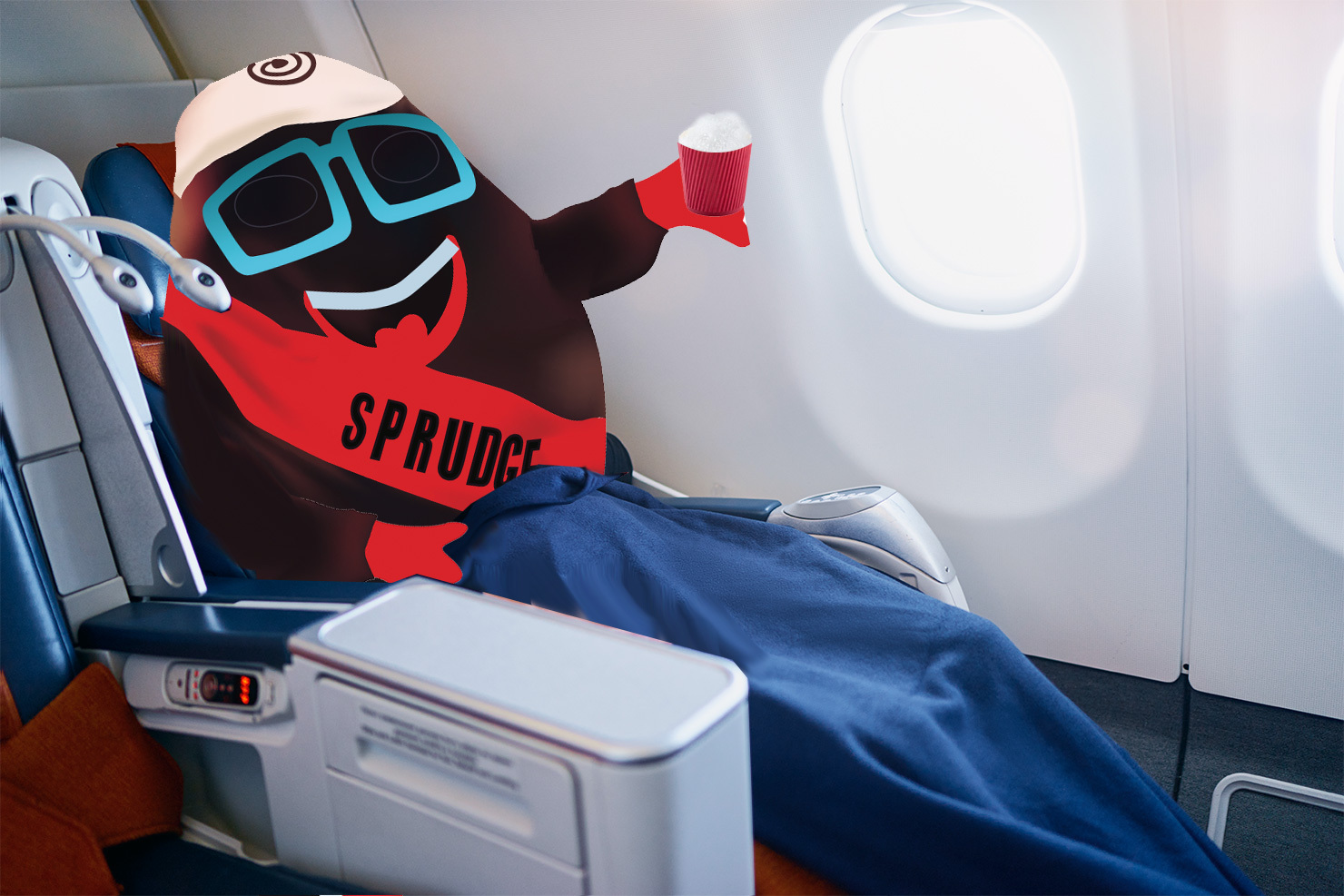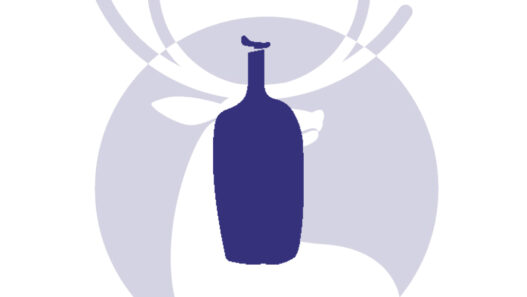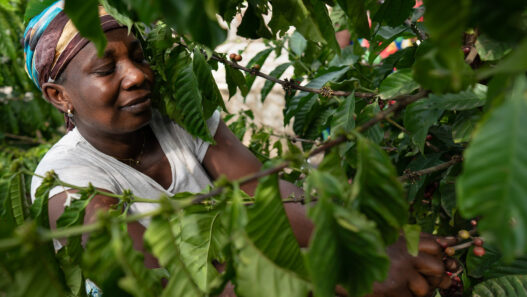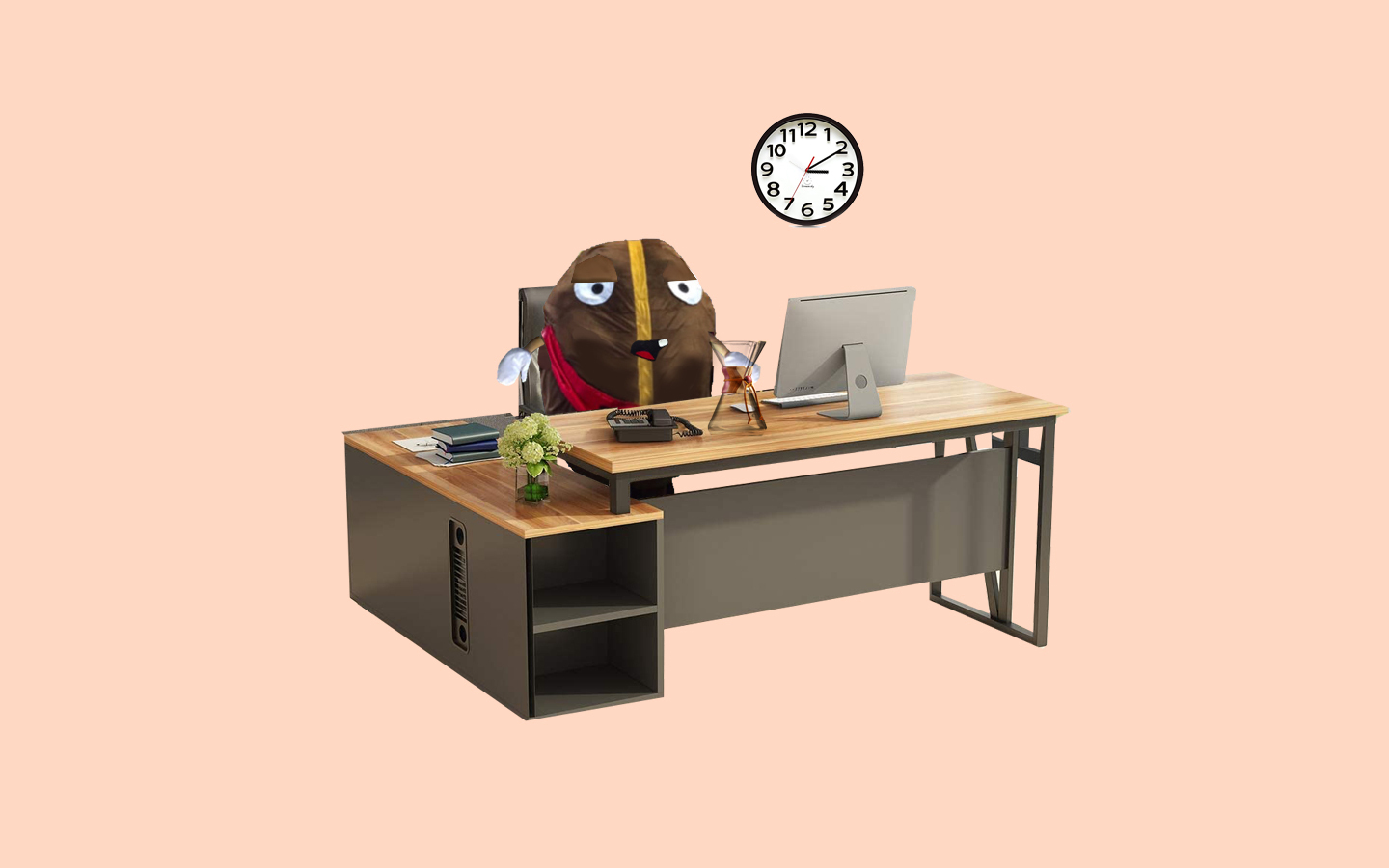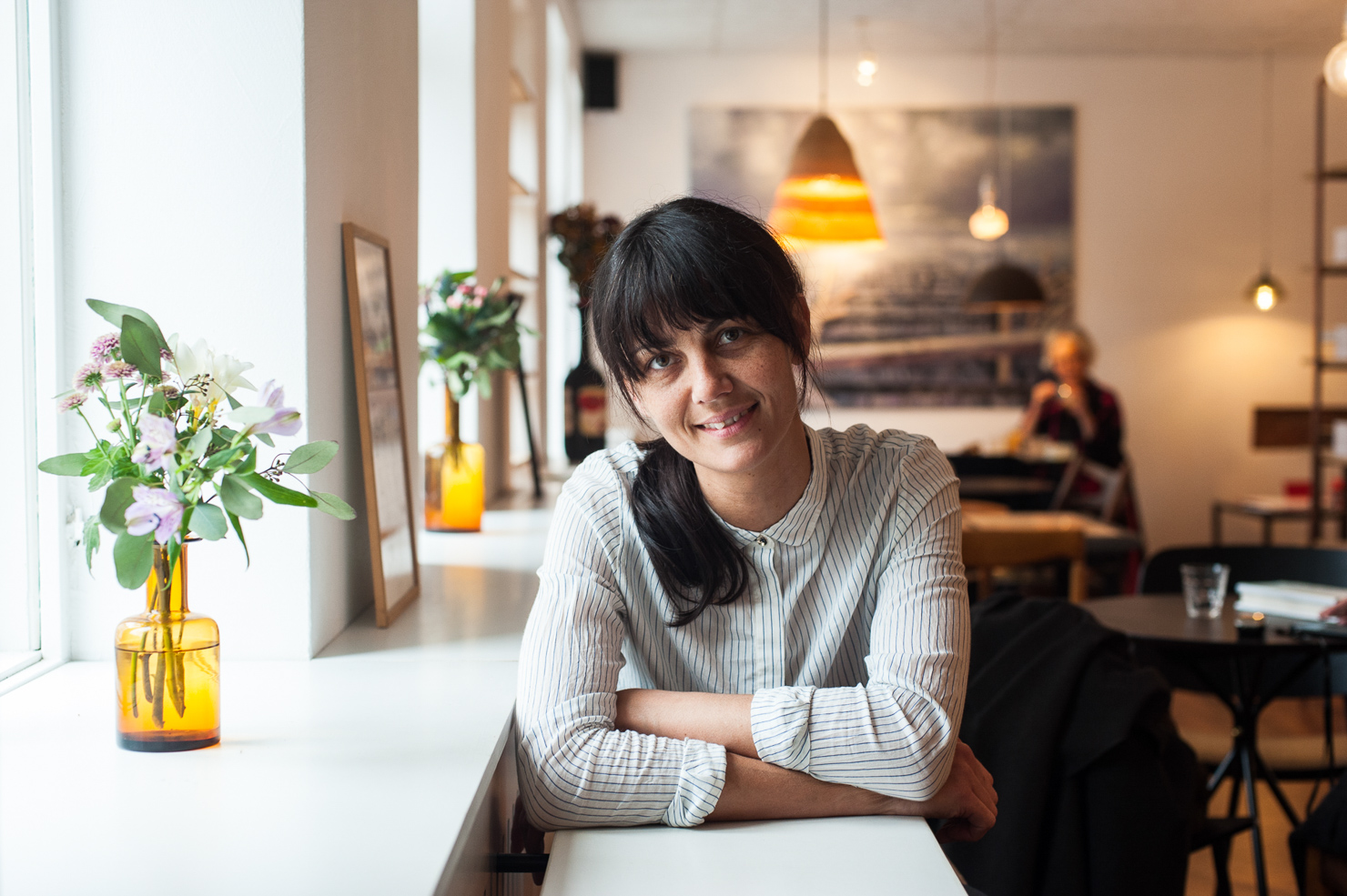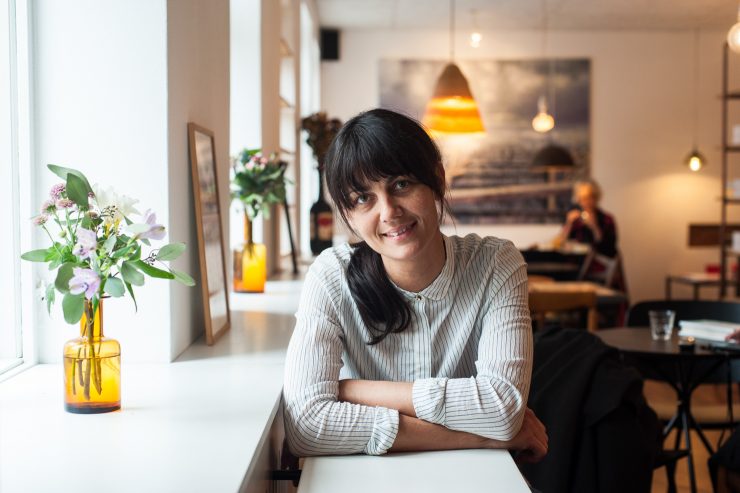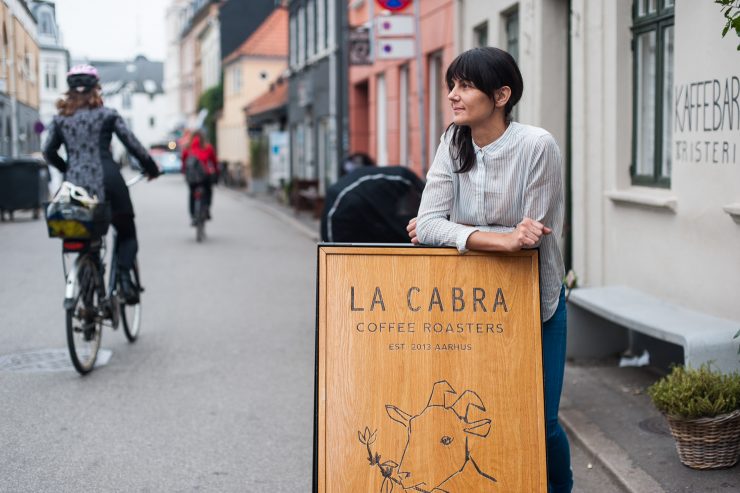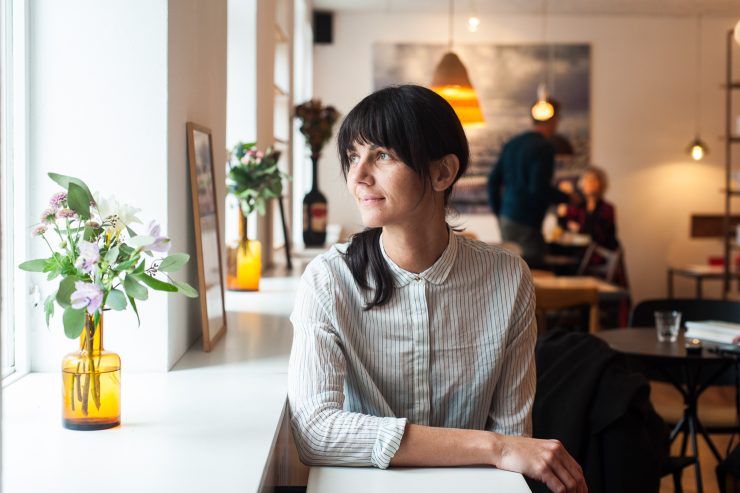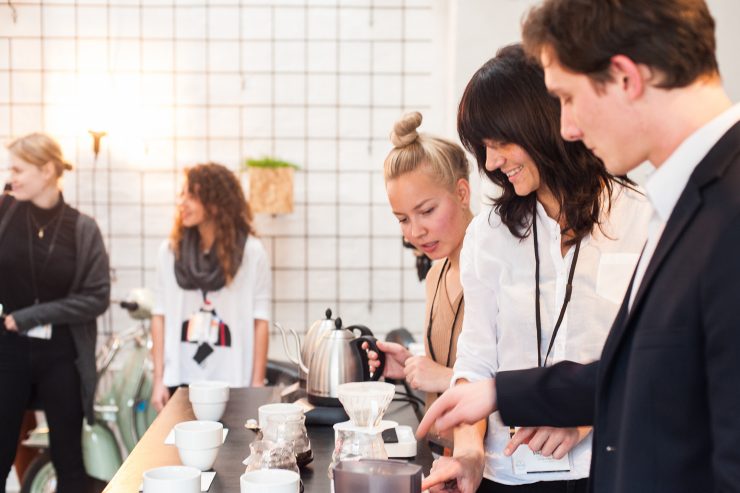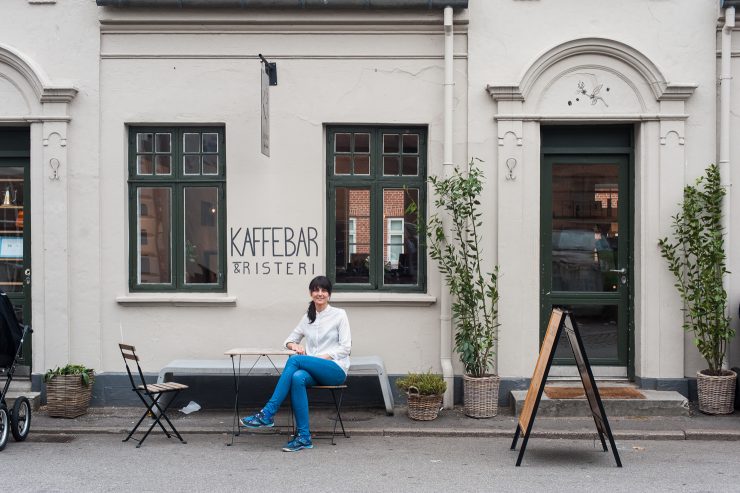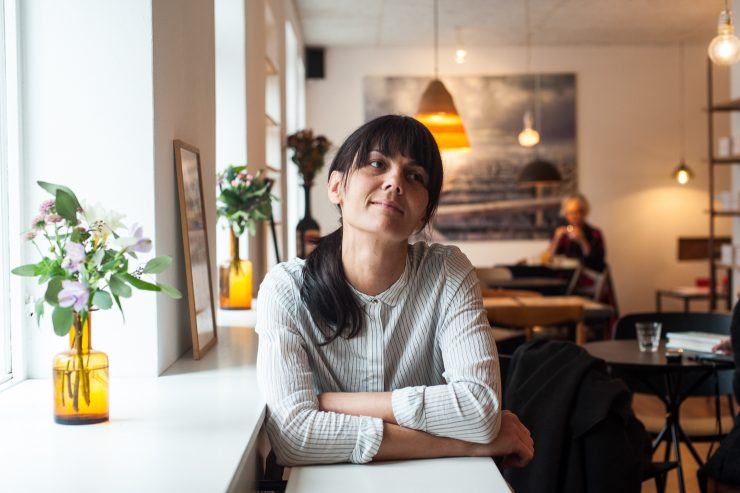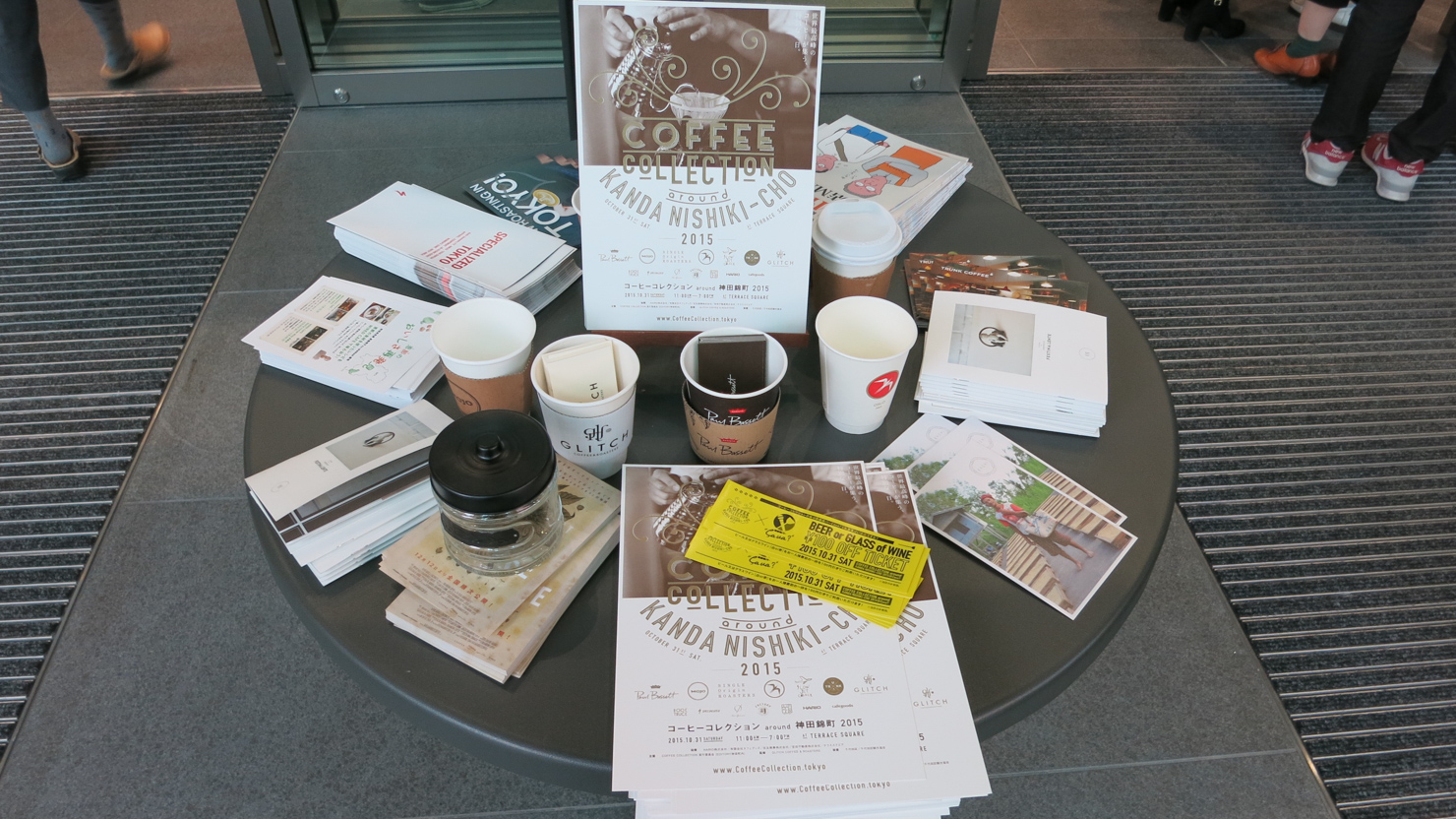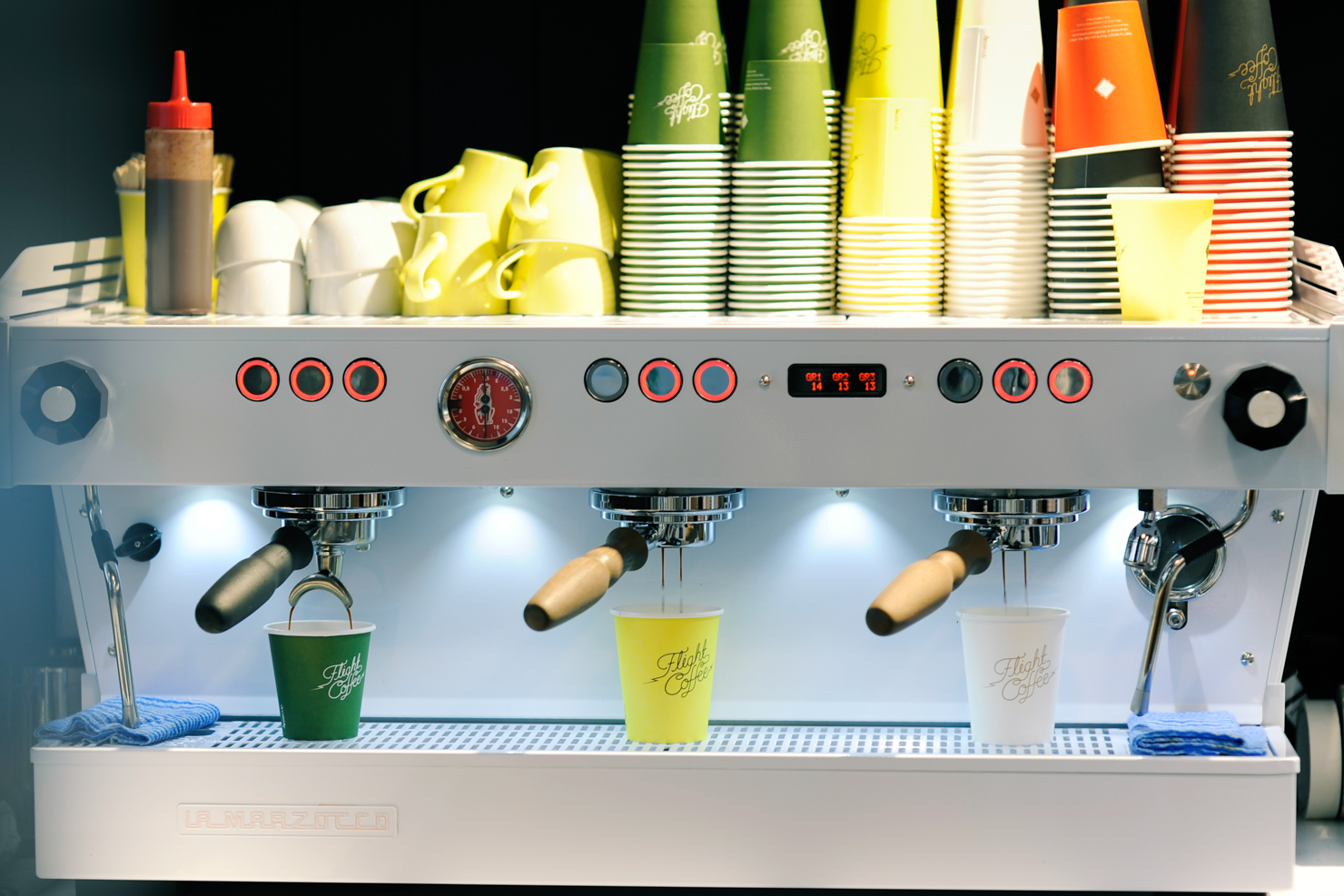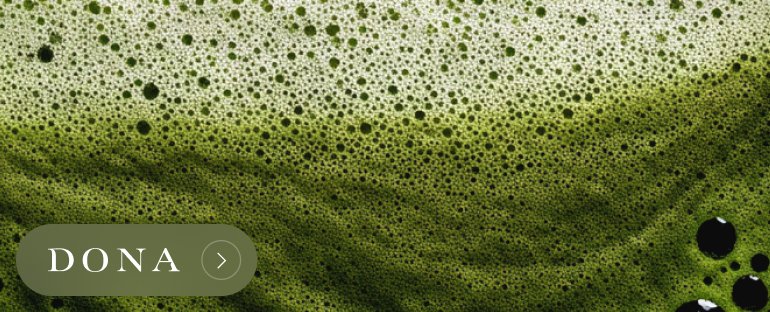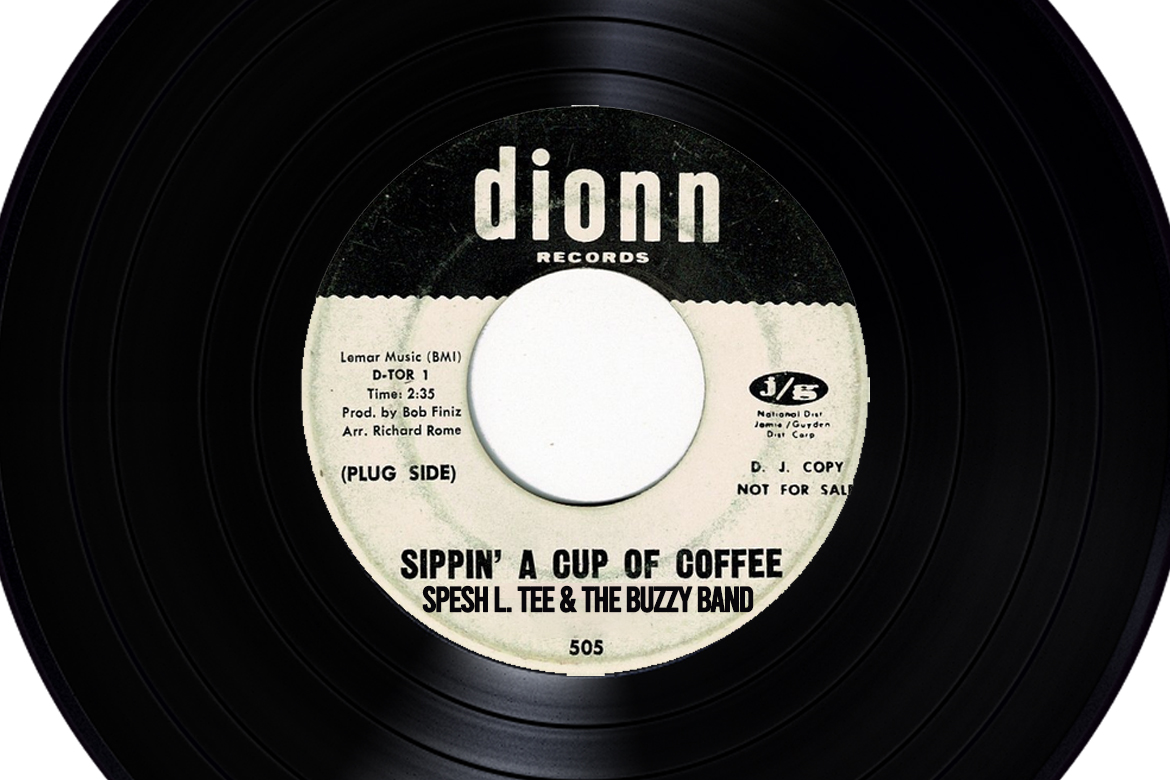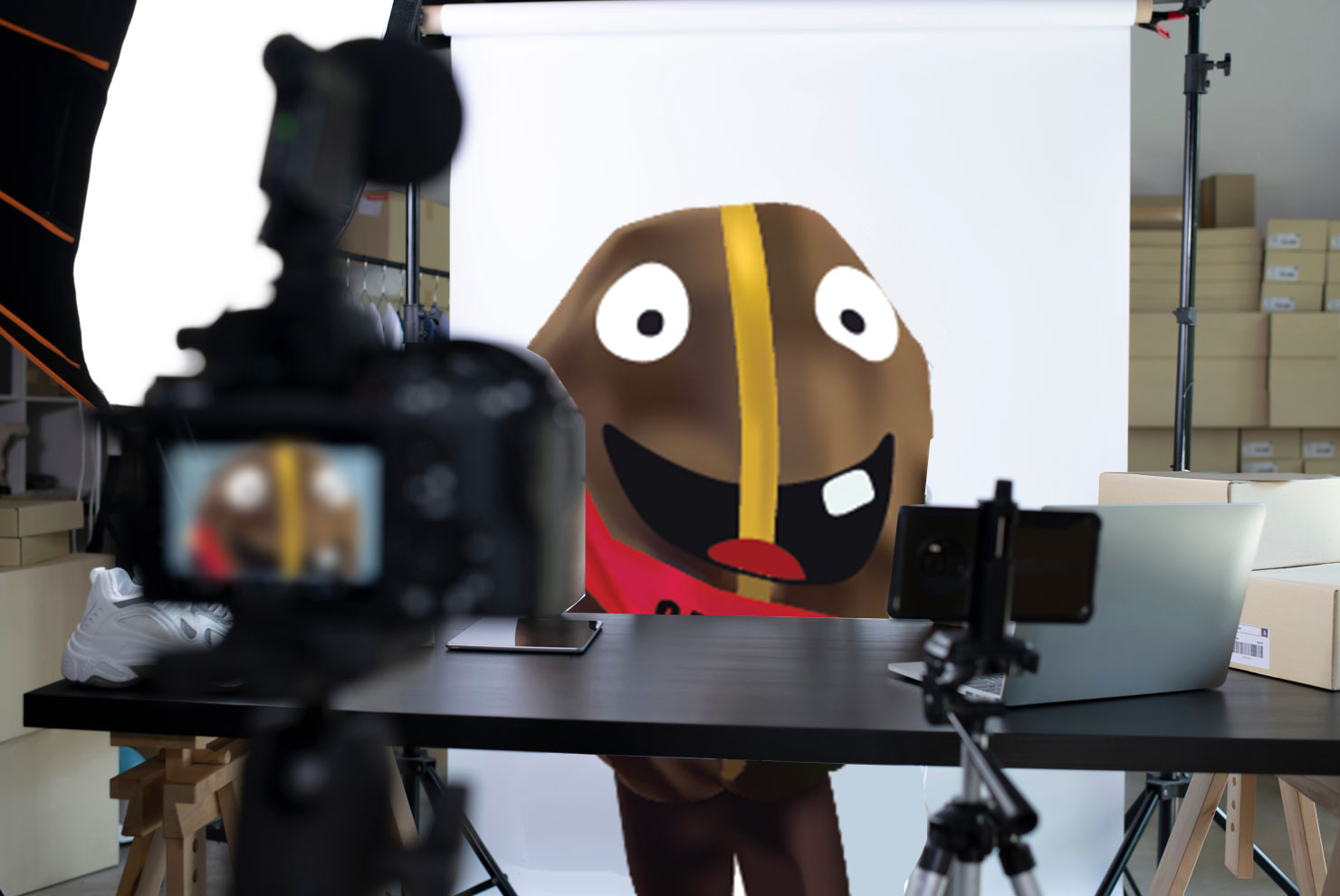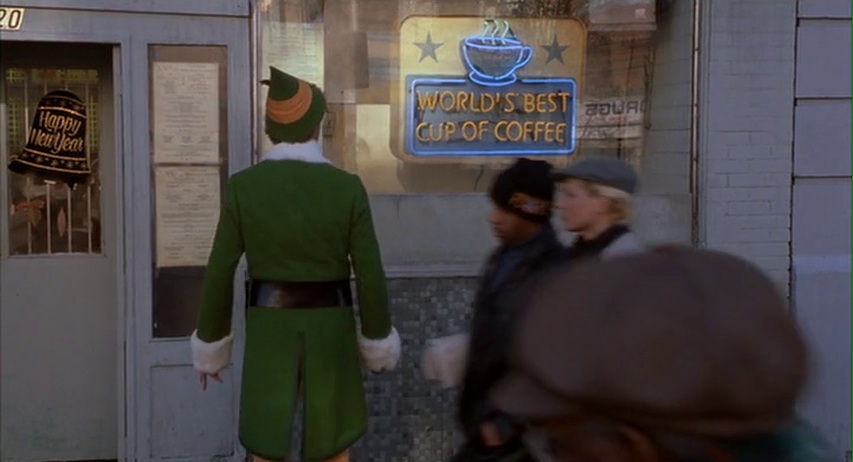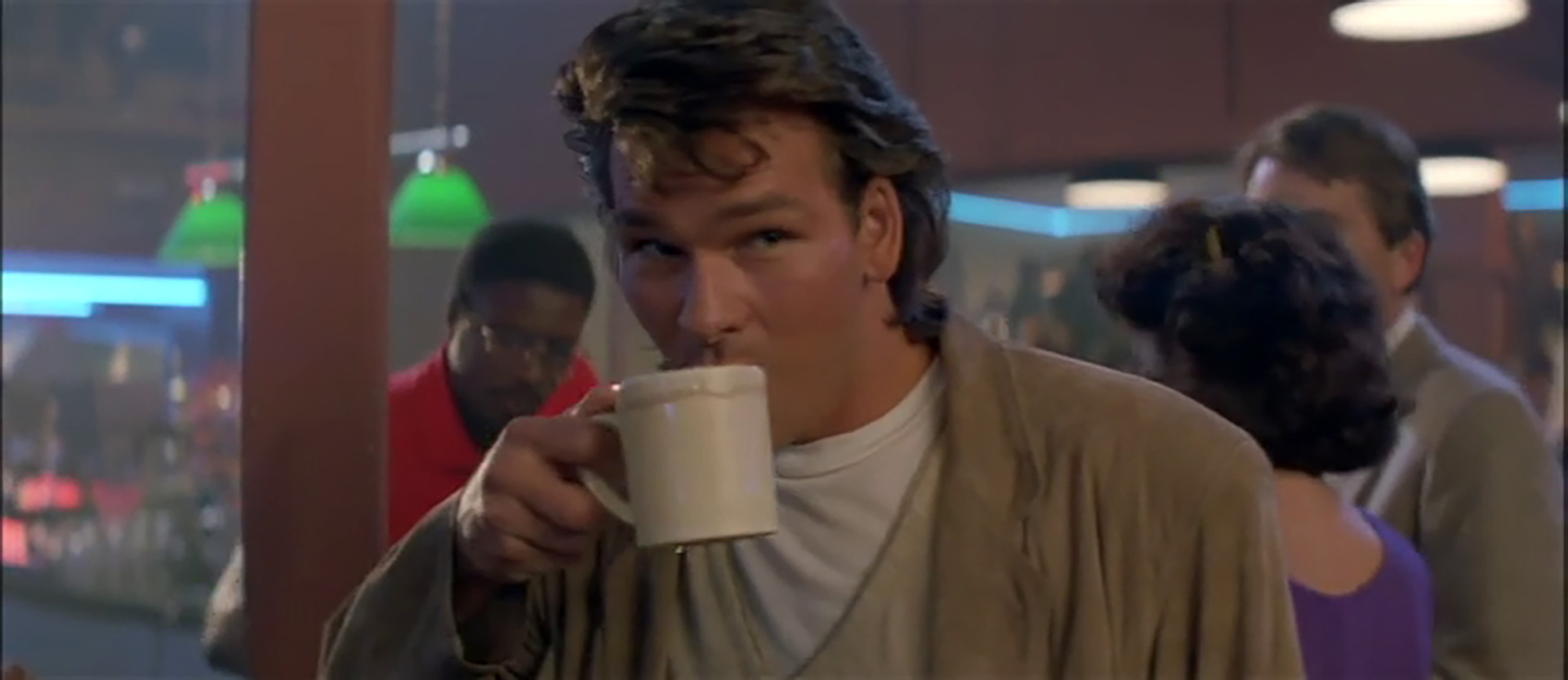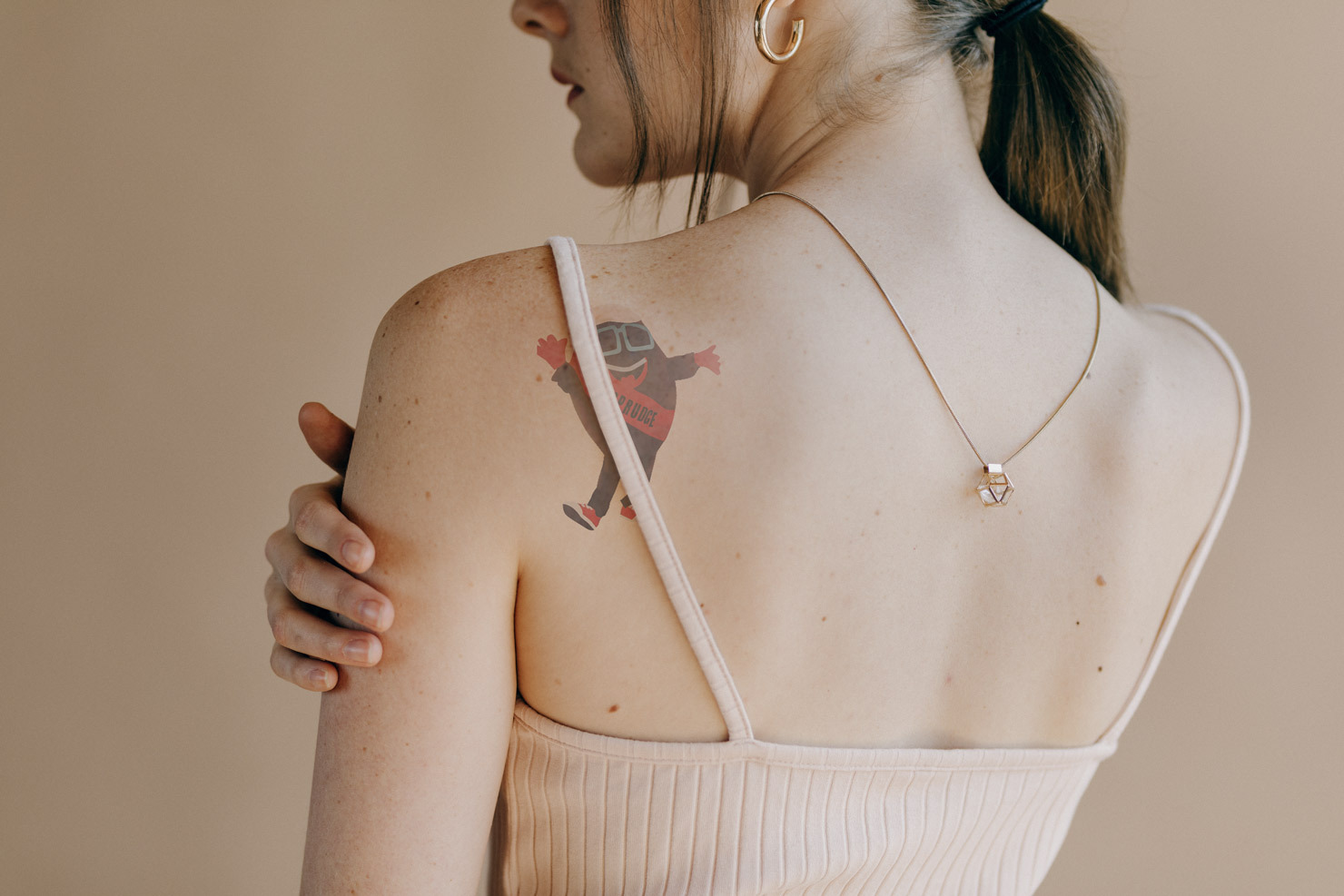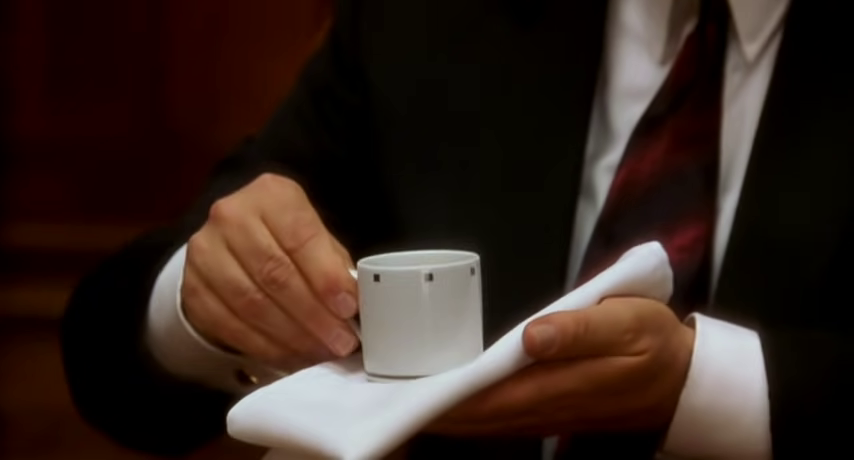The first time I met Sonja Zweidick, we were backstage at the 2014 World Barista Championship in Rimini, Italy. She had just come offstage, having given her presentation, and I needed to pull her aside for a quick portrait. Many of the people I had approached that day had looked shaken and dazed, as though they were still in a sort of fugue state induced by the bright stage lighting and intense pressure. But not her—she smiled when I asked for her photo, made small talk with me, and generally gave me the impression that she was unflappable, whether she truly felt that way at the moment or not.
A little over a year and a half later, following a return trip to the WBC stage in 2015 and the inaugural Barista Connect coffee conference, I think I can finally understand the woman I met in Rimini. Zweidick’s quiet outward presence belies her go-getter spirit; this, and her constant push to better not just herself but also her industry. This drive is what led Zweidick, a barista at La Cabra Coffee in Aarhus, Denmark, to create Barista Connect, a progressive coffee conference for women. It was at this conference in Aarhus, Denmark that I finally got to know Sonja Zweidick, and speak with her about her experiences in the coffee industry. What leads someone to become a national barista champion? Why does she thinks there is a need for conferences like Barista Connect? And how far are we from finally having a female World Barista Champion?
Hi Sonja. Let me start with some background: how did you get into coffee?
Sonja Zweidick: I’m originally from Austria, but have lived in Denmark for a couple of years. Before working as a barista, I worked in the hospitality industry in Austria in a variety of different roles. I tried basically everything, from waitress to restaurant manager.
My interest and curiosity with coffee began to bloom when I moved from Austria to Denmark. One fateful day, I was randomly invited to a coffee event; this is where I had my first experience with specialty coffee. I realized how different and delicious coffee can taste. So sweet and balanced, full of flavors, and how vibrant acidity can be.
This opened up a whole new world of coffee, and set me on my path to becoming a professional within this new and dynamic industry.
How has your career progressed since that discovery?
SZ: At the time [after the event], I must have talked a lot, and very enthusiastically, about this new wave of coffee at home, because one day I received a life-changing gift from my partner: a whole coffee setup, including a grinder and espresso machine. Since then my curiosity and dedication to coffee has grown steadily. Not long afterwards, I began working as a barista.
I’ve been working in the coffee industry for a little more than three years now. So far it has been an exciting job with many challenges and there is still so much more to learn and explore. These last three years have been instructive, and at the same time full of adventures and wonderful new experiences. In November 2014, I visited Granja La Esperanza, a farm in Colombia where I encountered a beautiful Gesha coffee, which I used for my last barista competition.
You are a two-time Austrian Barista Champion—tell me about your road to winning that the first time, and then the second time. What made you want to do it again? How was it different?
SZ: Coffee competitions really caught my attention. I saw a structured way to learn, improve my skills, and meet people who shared my passion for coffee. In 2014, I decided to participate. I chose to compete for Austria because at that time Denmark had some troubles organizing their event. Austria had some issues in 2013; however, since the new charter of SCAE was formed in 2014, they have been doing a fantastic job and held two amazing national competitions. Both events have been very well organized, all information very clearly presented and communicated to the community. I’ve received really good support from them and it’s great to be a part of this community!
My favorite part of competing is really all the work and preparation you do in the lead up to a competition. During this process it can be tough and challenging, but it’s exciting at the same time. The journey is very exciting and full of ups and downs. It’s one of the most intense and rewarding learning experiences for a barista.
Your experiences as a national champion helped inform the creation of Barista Connect, but what else in your career led to this event?
SZ: I got the idea for this project after I returned home from Seattle. It was the second time I attended the World Barista Championship event. I noticed that out of 50 baristas, there were only 12 women [in Rimini] and last year only seven women. Furthermore, we still have no female world champion!
I genuinely think that there are more female baristas gradually having an impact in the specialty coffee industry. However, participation in the barista competitions at the national and international level is generally dominated by male competitors.
Why don’t you think this type of conference has been done before? If there is a need for it, why haven’t we see it?
SZ: I think one of the reasons might be that there are not many female baristas represented at both national and international competitions. I guess that at first glance it might seem as though there wouldn’t be an interest/market in such an event. But I’m confident that there are plenty of motivated and talented female baristas around, so I think that it is probably because of the fact that men form the majority of competitors, and the female baristas seem a bit invisible.
How did you think the conference went? Did it meet your expectations? What surprised you about it, that you weren’t expecting?
SZ: I think it went extremely well, and honestly the weekend exceeded my expectations quite a bit. I didn’t expect such an interest in the event, and the fact that there were 10 different nationalities represented humbled me. I loved that everyone was so engaged in conversations and discussions, which created a comfortable environment in which ideas blossomed. Another thing that surprised me and made me really happy was the media attention and general interest in the event, as it confirmed that there really is a need for such an event.
Will you do it again next year? How will it be different?
SZ: Yes! I would love to do it again, and I already have a few ideas for next year. For example, I would like to make it more accessible for baristas around the world, so I’m working on another location outside of Denmark in order to achieve a broader international appeal while still keeping the event economically possible for baristas to afford. Because as you know, the speciality coffee industry isn’t among the highest paying professional fields…
So, I assume you are competing again this year with your sights set on going to Dublin. How will you take what you learned at the conference and apply it?
SZ: Since most of the speeches at the event were based on the new competition rules, we had some good discussions about the change of rules. I learned a lot valuable information that I will be looking to implement in my presentation for the next competition. In the speech about ‘storytelling’ [by Jesper Broberg Bang Olesen from Gejst Studio] I learned a valuable mantra: “Perfection is boring.” There is a crack in everything—that’s how the light gets in, which means that we shouldn’t be too afraid to fail and that nobody’s perfect. I think it is a good motto, as it helps me stay confident and believe in myself instead of allowing myself to succumb to insecurity and fear of expressing myself. And I think that a boosted confidence will prove valuable during the pressure of competitions.
Lastly, what do you personally hope to see in the future for women in the coffee industry?
SZ: I would love for there to be more female role models and ambassadors within speciality coffee. I would like to see more manufacturers taking us seriously and using more women in their R&D. And if we could achieve that, I think more women would be motivated to compete at the highest level, which is also something I’d love to see happen! By getting more women onto the stage it would be realistic to soon see a female World Barista Champion, which would be amazing.
Kate Beard is a Sprudge staff writer based in London. Read more Kate Beard on Sprudge.



